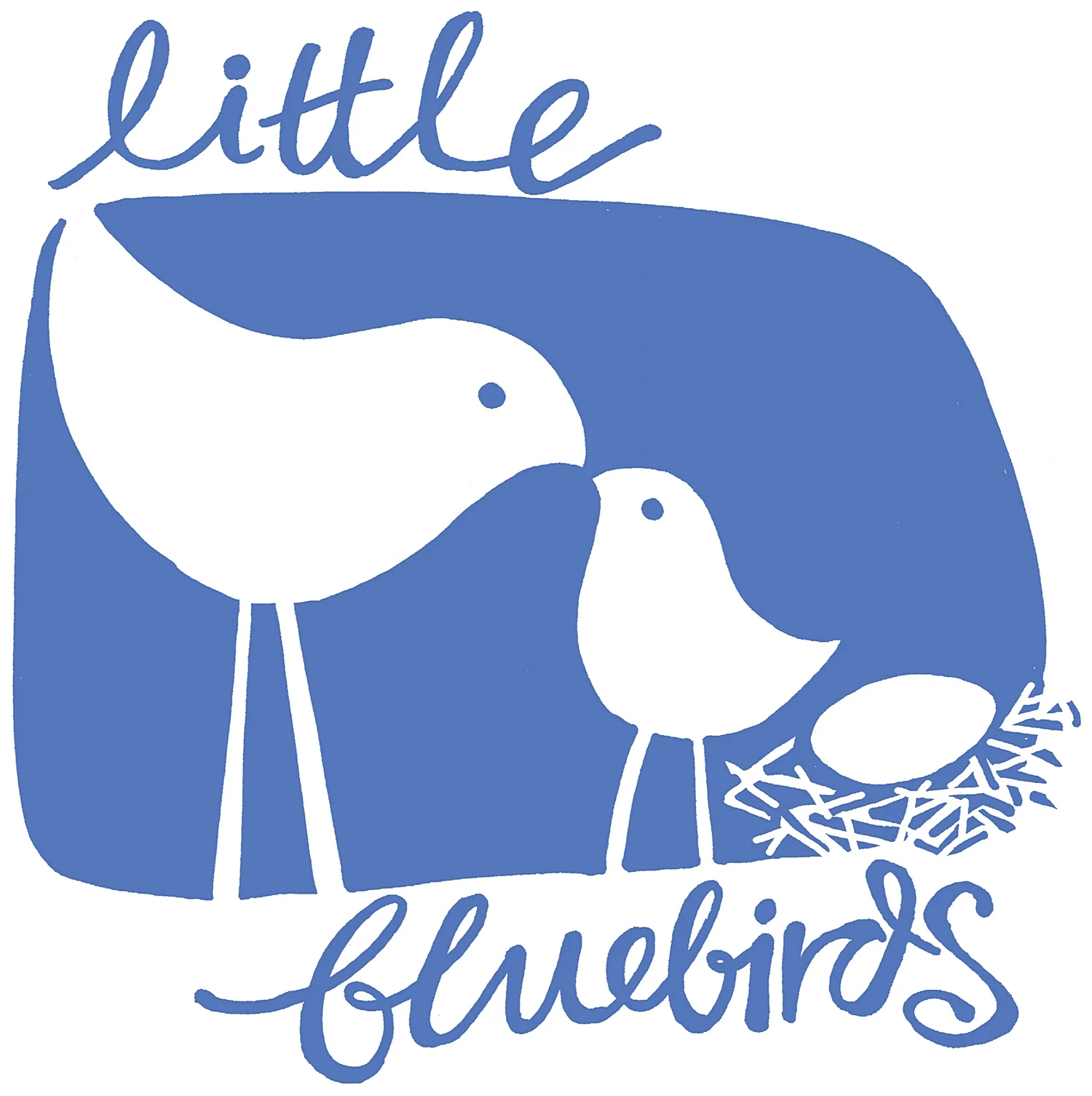Dinner for Breakfast?
When I talk to people about what they eat throughout a regular day, I find there is a general assumption that different times of day call for different foods/meals. “Breakfast” is often porridge, cereal and/or toast, maybe eggs and “pancakes on weekends”. “Lunch” tends to be sandwiches, wraps or leftovers and “dinner” tends to be savoury meals, with lots of variety. This is a generalisation, and is not the case for everyone, but it makes me wonder why so many people (myself included at times) think that the time of day should dictate what we eat. Travel elsewhere in the world and the rules can be quite different.
Where did your family’s food rules come from? Is there room for flexibility? Is it time to challenge them?
In terms of good nutrition and a healthy overall diet, it is more about food choices and the balance and variety of foods eaten, rather than what time of day they are eaten. Good food is good food, eaten at any stage of the day.
Spaghetti Bolognese can be eaten at any stage in the day!
How do we make “Dinner for Breakfast” work for us? What does it really mean?
A balance of protein, carbohydrates and fats with plenty of fresh fruit and vegetables (heard that before?)
Animal protein can be found in meat (such as chicken, beef, pork, turkey), fish and seafood, dairy products (such as yoghurt, milk and cheese), eggs and bone broth.
Non-animal protein can be found in legumes (such as chickpeas, lentils, soybeans, peanuts and kidney beans), in nuts (such as hazelnuts, cashews and almonds) and seeds (such as sesame, pumpkin, flax, chia and quinoa).
Carbohydrates are found in foods such as oats, bread, crackers, potatoes, sweet potatoes, root vegetables, couscous, polenta, rice, pasta.
Fats such as butter, olive oil, avocado, sesame oil and coconut oil.
Eat plenty of fresh fruits and vegetables, such as bananas, tangelos, tomatoes, kiwifruit, berries, melon, carrots, fennel, zucchini, herbs, apples, oranges, pears, pineapple, lettuce, spinach…the list could go on and on.
A healthy balance for your family might look quite different from another family’s healthy balance.
This list is rather simplistic, but the basics are there. Real food, grown in the ground or on a farm rather than processed in a factory (even though much processed food does start as ingredients grown in the ground).
Food choices, availability and culture continue to evolve.
We have an abundance of food available to us these days. What we eat can have a huge impact on our health and vitality and on our children’s growth and development. Choosing what to feed ourselves everyday is a task in itself, and yet we’re also responsible for providing food for one or more children. Into this mixture is added; conflicting information about what is “healthy”, family time/work constraints, allergies and intolerances, picky eaters, different needs and likes/dislikes of each family member and our differing family food cultures. But we have to find a way to keep providing food, many times a day! So…
Keep doing your best
If you’re happy with how you’re going and your family eat well and are healthy and happy, then keep doing what you’re doing.
Challenge your thinking of what is “dinner”, “afternoon tea” or “breakfast” food. Can you change up when in the day you serve or eat these meals?
Try something new
Get the kids to help out in any way - picking vegies at greengrocer, finding recipes, mixing ingredients on the bench.
share the responsibility of shopping/food preparation and feeding your children with others (partners, family and friends)
Be flexible…if what you are currently doing is not working, then do something different
Feed yourself well
Seek advice if you feel you need it
If your child is going through a “Spag Bol” phase and this is what they request for breakfast, feed them Spag Bol!
If it’s been a long day and the easiest solution to dinner is a bowl of porridge, then add some healthy extras (nut-butter, cinnamon and berries is our fave) and have porridge!
What works for your family may be different from what works for another family. Share your stories and recipes.
eating cereal two or three times a day is NOT part of a healthy balance!
Eating highly-processed fast-food for breakfast and dinner is NOT part of a healthy balance!
Remember that it is what you do “most of the time” that has the biggest impact on overall health. Be clear about what your family’s “most of the time” actually is and change it where necessary
And lastly…eat good, real, fresh, healthy food at any time of the day!
What are your family favourites?






